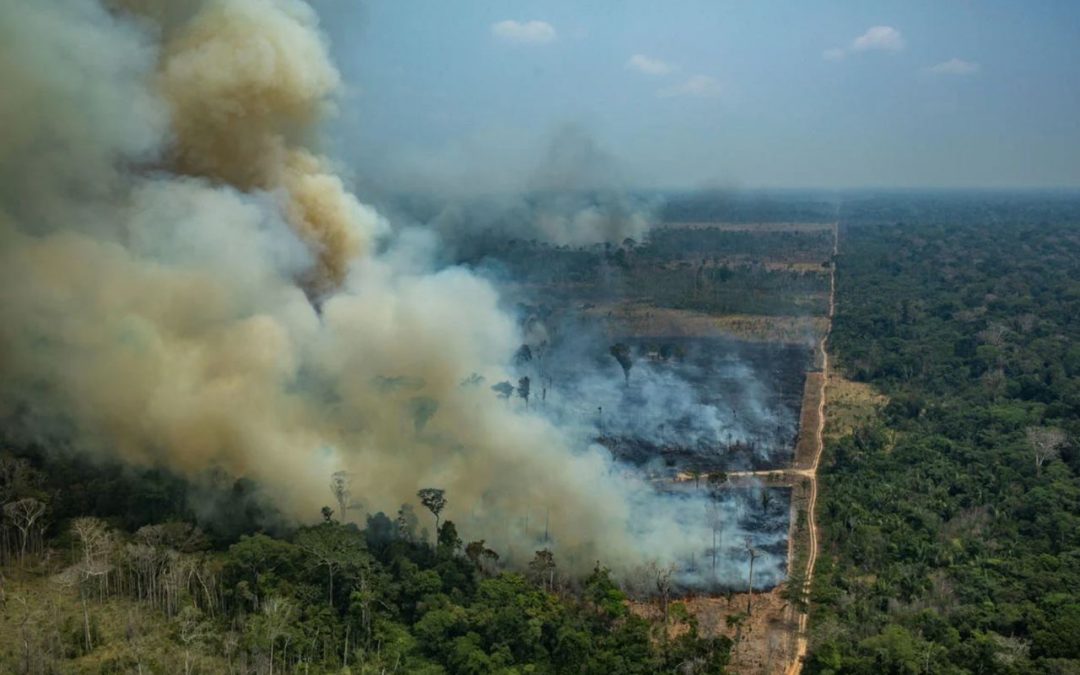Early last night (August 3rd), Brazilian congressmen showed the interests they stand for, approving the Bill 2633 known as “PL da Grilagem” (Land Grabbing Bill) with a large majority (296 x 136 votes). The approved text was not previously presented to civil society, a typical behavior of anti-democratic regimes.
They argue that the bill is a necessary instrument to register land for small farmers. However, Brazil already has a land reform framework and land allocation policies that only need to be effectively implemented. The approved text, which is now following for the appreciation by the Federal Senate, legalizes the illegal: it regularizes criminally appropriated lands, in processes that often include violent acts against indigenous peoples and traditional communities.
Grilagem means land grabbing. For those unfamiliar with the expression, it is the name given to the invasion, occupation and illegal trade of public areas. This crime has now been converted into law. The practice is directly linked to deforestation, to the destruction of biodiversity and threatens indigenous peoples who traditionally occupy territories, now usurped by land grabbers.
According to the Amazon Environmental Research Institute (Ipam), around 30% of deforestation and burning in the Amazon occurred on public lands without designation, which were possibly targeted by land grabbers. Still, studies by Imazon estimate that if PL 2633 effectively becomes a law, it will cause an additional deforestation of up to 16 thousand square kilometers, an area almost 3 times the size of the Brazilian Federal District.
Theft of public land is nothing new in Brazil. What is unprecedented is that the State, which should look after the common good, shamelessly decides to reward thieves and usurpers with the regularization of stolen lands. This ethical and legal aberration puts our forests, our biodiversity and the peoples who depend on them – especially indigenous peoples, traditional communities and family farmers – on their knees in the face of the typical violence processes of invasion and illegal appropriation of land.
While the whole world discusses ways to keep forests standing as a solution to climate change, the Brazilian government continues to “passar a boiada” (pass the cattle), opening the way for an increase in deforestation rates, which goes against its own commitments to zero illegal deforestation.
Indigenous peoples express their consternation over this absurd and irresponsible sign emanating from the self-proclaimed “People’s House”. By approving this project, the Chamber demonstrates that it is gradually and unavoidably becoming the home of ruralists, agribusiness, deforesters, land grabbers – all of them, except for the people.
The Brazilian indigenous movement continues in the struggle for its constitutional rights.

